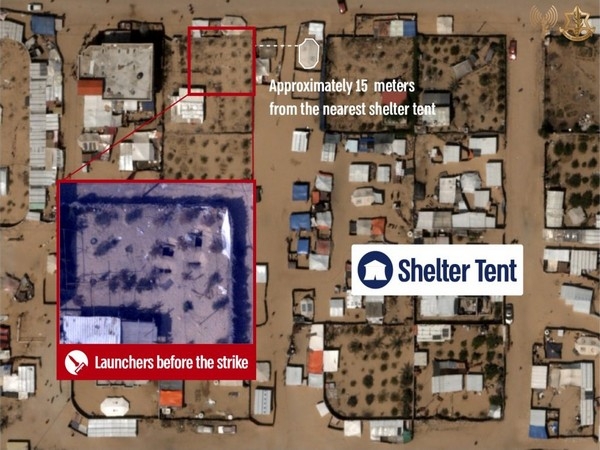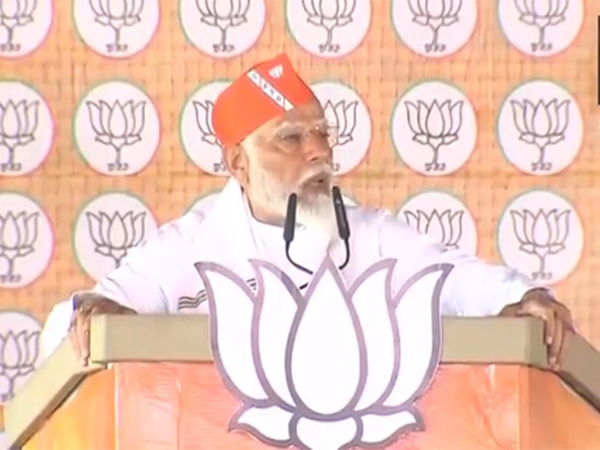No Google Street View for India, but that might be a good thing

Why India said no
- Street View raises serious security concerns for the government
- Terrorists have used online maps to plan their attacks like in the case of 26/11
What next
- Government is waiting to pass the GIRB bill
- Post the bill they will consider Google\'s application for Street View
More in the story
- Why is Google raising safety concerns everywhere?
- What the GIRB bill all about
Worried that it may compromise the national security, Government has denied permission to Google Street View.
The application by the internet giant enables users to get a 360 degree 3D view of the streets. The service uses cameras mounted on cars, tricycles, and so on to capture the street imagery which is then fed to the Google Map feature, which allows people to access information on any location in real time.
The feature was first launched in 2007 in the US and has since covered a large part of the world. It has also faced hurdles on accounts of privacy concerns, especially in Europe.
Reports say that the Government is waiting to pass the Geospatial Information Regulation Bill (GIRB) before it takes up any such request. This essentially means Google may have to wait for a couple of years before its application is considered.
The government had earlier allowed Google to photograph major tourist installations including the Taj Mahal on an experimentation basis.
Google had launched the Street View service in Bengaluru in 2011. However, it had to halt after the police intervened and asked Google to suspend services.
Security threat
The government is, reportedly, particularly concerned about the security of sensitive defence installations, including the forward bases, and is concerned that it may not be able to monitor once the service is allowed.
Indeed, on both sides, India is engaged in a territorial dispute with Pakistan and China. And there have been incidents in the past, like the 26/11 Mumbai attacks, when the terrorists used these internet applications to gather information.
Countries like South Korea, too, have put mapping restrictions on Google, citing national security concerns and its tense relationship with the neighbouring North Korea.
In January, days after the Pathankot attack, the Delhi High Court had directed the Union government to look into the matter of sensitive security installations, nuclear power plants, being available on Google maps.
The bill
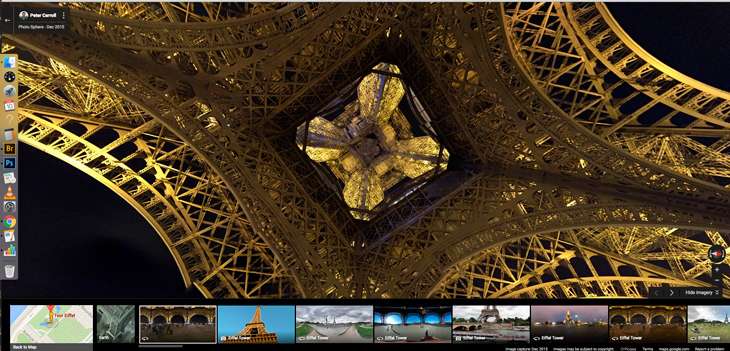
Meanwhile, once the GIRB becomes a law, the government can force the private players like Google to exclude sensitive information from their databases.
The bill proposes to criminalise disseminating, publishing or displaying information which is likely to affect the country's security and sovereignty and that the providers will have to seek a license from the government before they can display any kind of geo-spatial information, maps, photographs et al.
Any inaccurate depiction will invite a penalty of up to Rs 1 billion.
India on the map
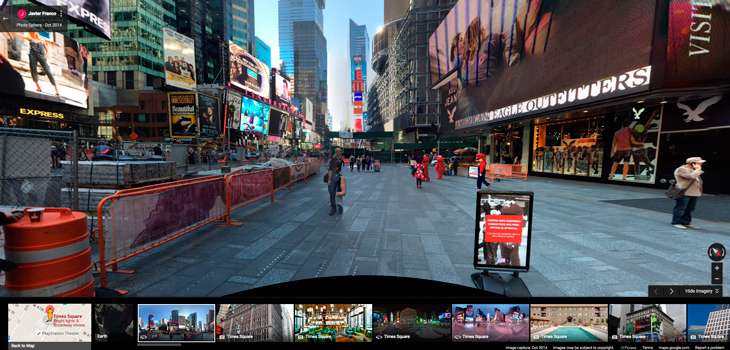
Recently, in a bid to do away with it its dependence on the US, India announced NAVIK, a navigational system after the seventh and final satellite took off from Sriharikota. With it India is poised to become only the fifth country in the world which has its own GPS system.
Dependence on the US had proved costly when it refused to help during the Kargil war. Modern weapons depend on GPS for accuracy. NAVIK, once, it is operational, will cover an area of 1500 km around India.
Eye spy
Google's data collection has generated a lot of debate globally and many governments have suspected that data may prove detrimental to national security.
Google was recently accused of partnering with the US government to push for regime change in Syria.
Wikileaks had published emails where Jared Cohen, a top Google executive was in conversation with officials from the office of Secretary of State Hillary Clinton on developing a tool which will encourage more defections from the Syrian Army. Cohen worked for the 'Google Ideas' division.
Even in countries like Germany, where Street View had come under criticism owing to privacy concerns, it was later found that the internet major was collecting personal data illegally through unencrypted Wifi networks.
Edited by Jhinuk Sen
First published: 10 June 2016, 5:47 IST
_251372_300x172.jpg)


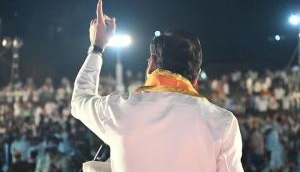

![BJP's Kapil Mishra recreates Shankar Mahadevan’s ‘Breathless’ song to highlight Delhi pollution [WATCH] BJP's Kapil Mishra recreates Shankar Mahadevan’s ‘Breathless’ song to highlight Delhi pollution [WATCH]](http://images.catchnews.com/upload/2022/11/03/kapil-mishra_240884_300x172.png)

![Anupam Kher shares pictures of his toned body on 67th birthday [MUST SEE] Anupam Kher shares pictures of his toned body on 67th birthday [MUST SEE]](http://images.catchnews.com/upload/2022/03/07/Anupam_kher_231145_300x172.jpg)


_251372_1280x720.jpg)
_251371_1280x720.jpg)
